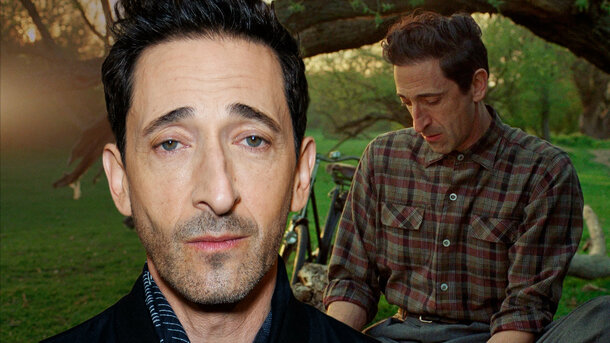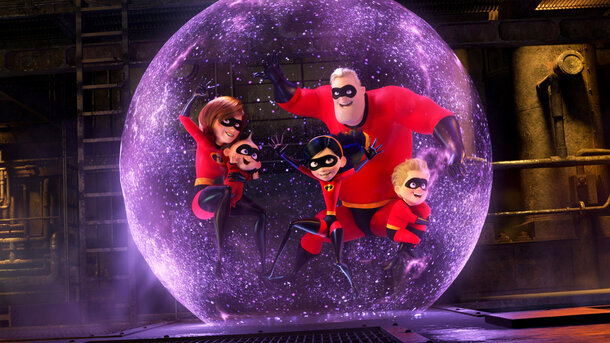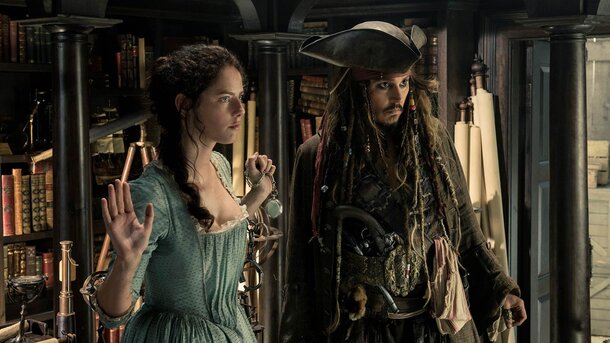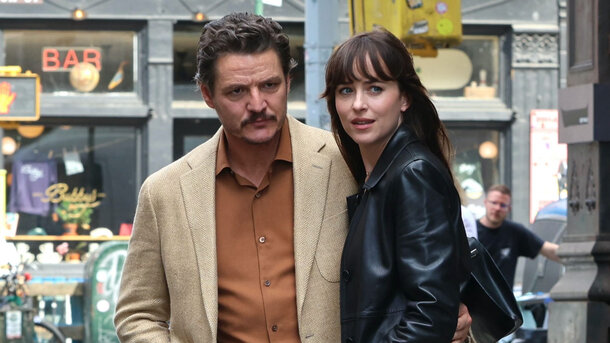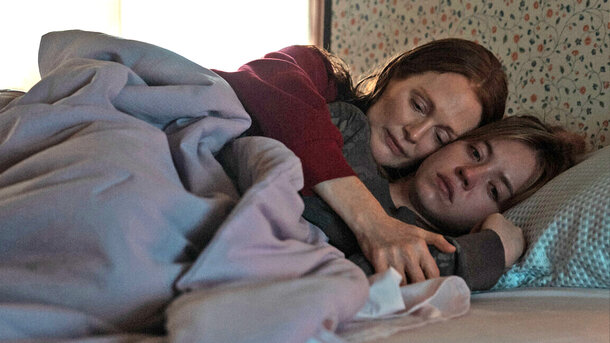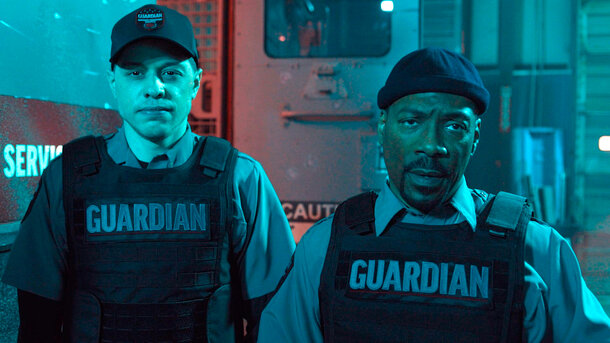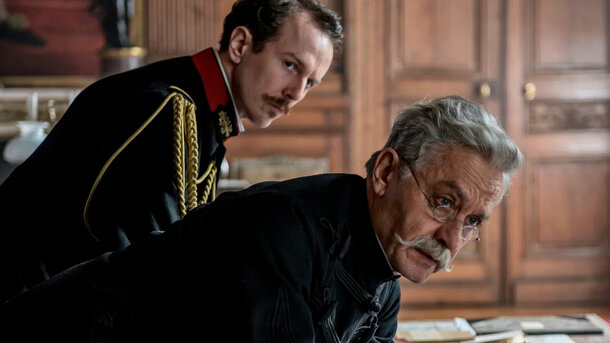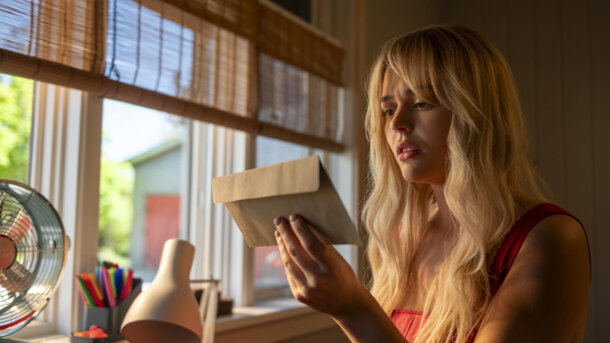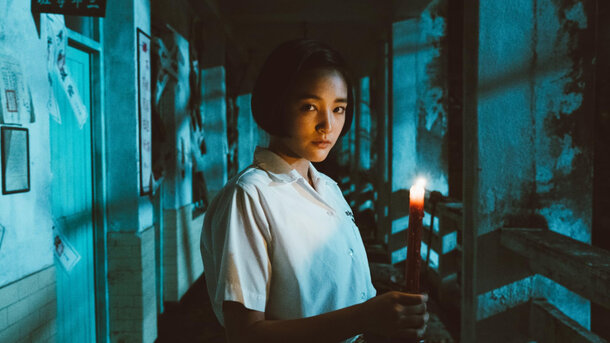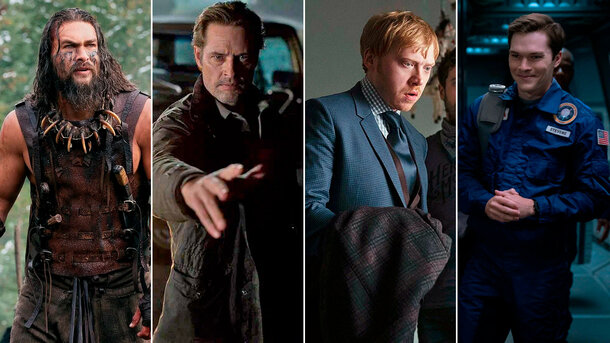Adrien Brody has taken on many challenging roles, but his latest performance in The Brutalist is one of his most personal. Speaking at 92NY in New York, the Oscar-nominated actor opened up about his dedication to realism, his struggles with insomnia, and the film’s bold use of VistaVision — a rare, decades-old film format.
A Reluctant Director, But a Devoted Actor
Brody admitted that directing is not on his radar for now, largely because of his deep respect for visionary filmmakers like The Brutalist’s Brady Corbet. “It is kind of intimidating when you work with someone like Brady,” he said. However, he remains passionate about film, even after experiencing the exhaustion of live theater with The Fear of 13.

"I love the permanence of film," Brody explained. "It exists. It lives on." His admiration for cinema’s lasting impact is one reason he continues to prioritize film over theater, despite the thrill of performing on stage.
Sleepless Nights and Deep Immersion
Brody is known for fully immersing himself in his roles — sometimes at great personal cost. He revealed that The Fear of 13 left him waking up eight to ten times a night, repeating his dialogue in his sleep. The only other time he suffered from complete insomnia on a project? King Kong, where weeks of grueling night shoots left him unable to rest.
Finding the Voice of The Brutalist
In The Brutalist, Brody plays László Tóth, a Hungarian-Jewish architect and Holocaust survivor. His accent work was shaped by his own grandfather, as well as a Holocaust survivor he studied for inspiration. "I spent every day and night recounting his stories and listening to the nuances in the way that he spoke," he said, adding that it was an honor to pay tribute to his grandfather’s hardships through the role.
VistaVision: A Risky but Rewarding Choice
One of the film’s boldest creative decisions was using VistaVision, a widescreen format that hasn’t been widely used since the early 1960s. While the technique gives the film a unique, period-authentic look, Brody admitted he was initially skeptical:
"It’s quite loud. It sounds a bit like a sewing machine. It feels very brutalist," he joked. "It’s a rarity, especially for an independent film, because it’s more costly, cumbersome, and limits the number of takes you can do."
However, he ultimately praised its ability to capture deep, immersive visuals, particularly in intimate close-ups.
A 33-Day Sprint to the Finish

Despite its ambitious scope, The Brutalist was shot in just 33 days, a feat that Brody compared to his work on The Pianist, where he spent six weeks filming alone. He credited the entire cast and crew for their commitment under intense conditions, saying, "It’s really a testament to everyone lifting each other up."
A Film Worth Celebrating
With its Oscar nomination and growing acclaim, The Brutalist is proving that intelligent, artistic cinema still has a place in the industry. Brody expressed gratitude for the recognition, saying, "It’s so beautifully written, it speaks to so much that we all must contemplate." He praised distributor A24 for believing in Corbet’s vision, adding, "This is an art film that works as a commercial film. That says so much."
For Brody, The Brutalist represents more than just another role — it’s a testament to storytelling, history, and the power of cinema to leave a lasting impact.
